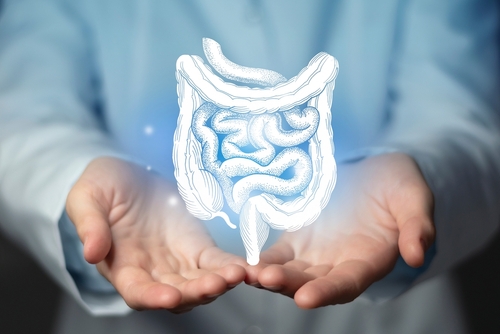Ulcerative colitis (UC) is a complex autoimmune disease influenced by genetic, immune, and environmental factors. Genetic research, including genome-wide association studies (GWAS), has identified key loci associated with UC, particularly within the HLA region, and genes like CARD9, involved in gut immunity and microbial defense. Familial studies show an increased risk for first-degree relatives, emphasizing UC’s hereditary nature. Immune dysregulation, especially the imbalance between pro-inflammatory Th17 cells and anti-inflammatory Treg cells, is central to UC pathology, with cytokines like IL-22, IL-6, and TNF-α worsening inflammation. Microbial dysbiosis, marked by a loss of beneficial bacteria and an increase in harmful species, disrupts the intestinal barrier and promotes inflammation.
Recent treatments, including biologics targeting specific inflammatory pathways (such as anti-TNF-α monoclonal antibodies and JAK inhibitors), show promise for moderate to severe UC. Novel therapies like probiotics, prebiotics, and fecal microbiota transplantation (FMT) aim to restore gut microbiota balance. Herbal medicines such as curcumin, capsaicin, and ginseng are being explored for their anti-inflammatory effects. However, challenges remain in standardizing and validating these treatments. Further research into UC’s molecular mechanisms and targeted therapies could enhance treatment efficacy and improve patient outcomes.
Reference: Liang Y, Li Y, Lee C, et al. Ulcerative colitis: molecular insights and intervention therapy. Mol Biomed. 2024 Oct 10;5(1):42. doi: 10.1186/s43556-024-00207-w. PMID: 39384730; PMCID: PMC11464740.








